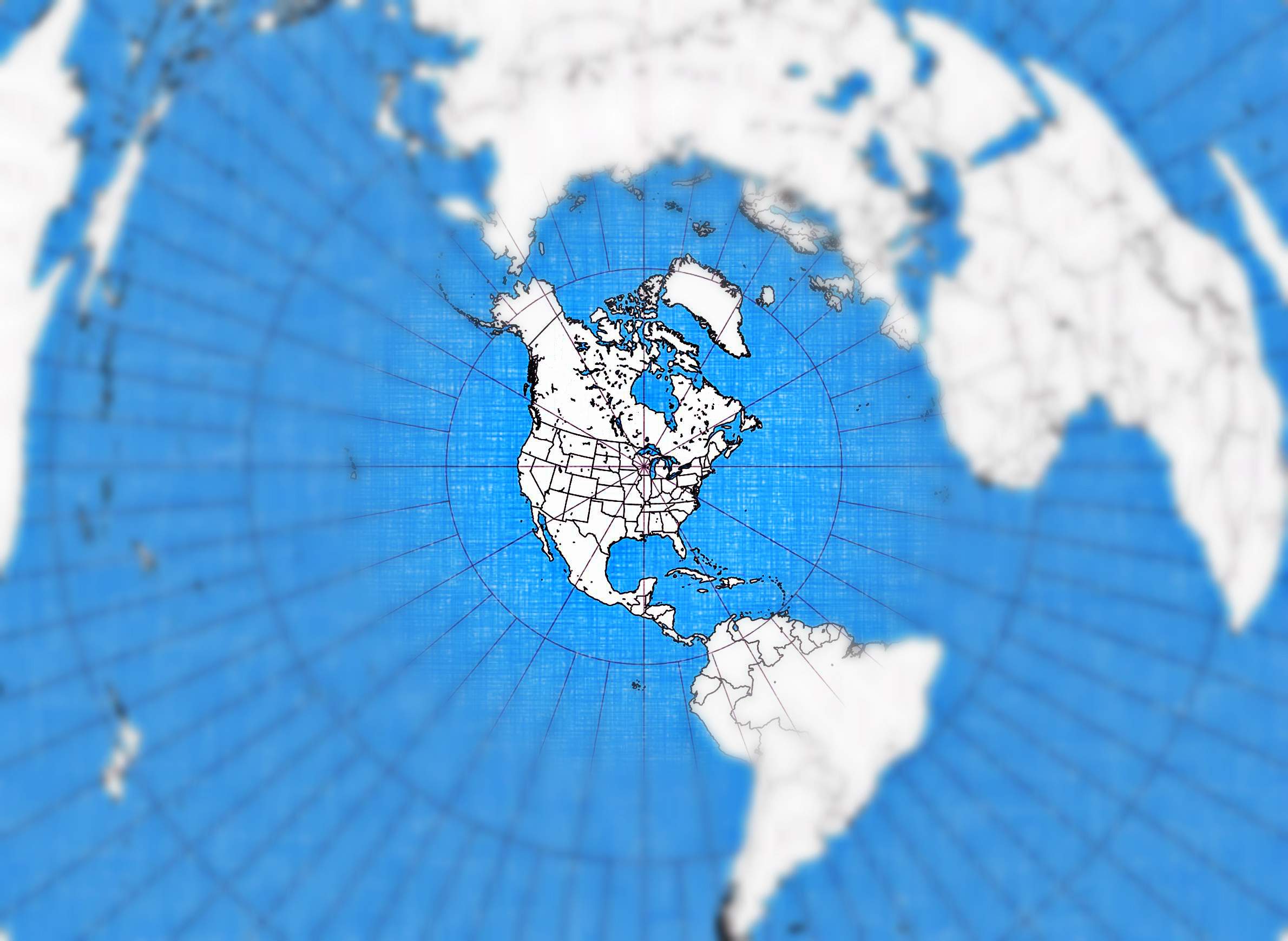
Illustration by Kristian Knutsen and Scott Gordon; azimuth projection map via NS6T/Tom Epperly
Series: Wisconsin's Diverse Waves Of Immigration
Many distinct and ongoing waves of immigration have indelibly shaped communities across Wisconsin. The 19th-century influxes of immigrants from Germany, Scandinavia and elsewhere in Europe are strongly associated with the state's cultural identity, but the immigrant experience in Wisconsin is far more varied. Canada has been a small but steady source of immigrants throughout the state's history. Several increasingly large phases of immigration from Mexico and other nations around Latin America have left imprints around the state, ranging from Milwaukee to dairy and vegetable farms in rural areas. In recent decades, immigrants from Asia have likewise increasingly made their home in the state, with Hmong communities standing out. As new groups of immigrants arrive in Wisconsin, their civic, religions and economic contributions adds to the state's diversity.